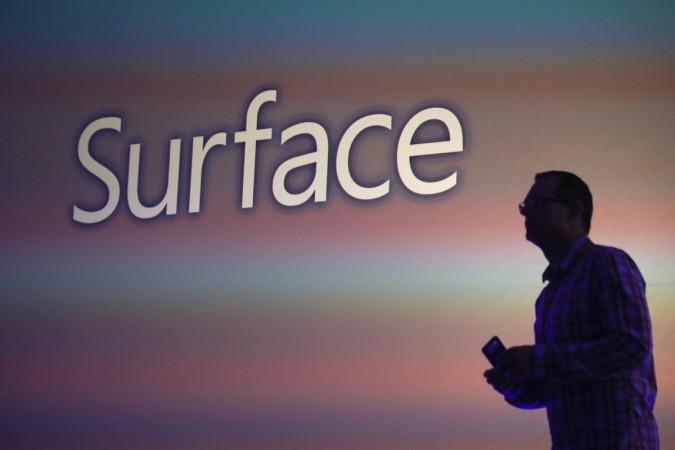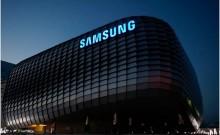
After vigorous efforts to strengthen its presence in the software and services sector, Microsoft is now focusing on its ailing smartphone business. Rumours about Microsoft's new smartphone line under its Surface branding have been making the rounds for a while now. According to the latest reports the Redmond-based software titan will launch the first Surface Phone, replacing the popular Lumia series, in 2017.
The report in Windows Central sites sources as revealing that Microsoft would launch the new Surface Phone in three variants, differentiated by their storage, pricing and markets. The launch of the new Surface Phone would mark the end of Lumia series, a move which aligns with the company's aim to have a unified platform for all its devices and a rebranded smartphone line.
Microsoft hasn't revealed any plans to revamp its smartphone business, but it is evident the company is waiting for a more robust mobile OS to complement the new hardware lineup. The company's Windows 10 Mobile is still undergoing significant developments and two major updates, Redstone 1 (Anniversary Edition) and Redstone 2, are expected to arrive within the next year. The Windows 10 Mobile Anniversary Edition is slated to be released this summer while the launch of Redstone 2 has been pushed back to spring 2017.
Microsoft hasn't been able to clear the obstacles in the smartphone segment, especially after new entrants such as Xiaomi and Huawei have beefed up the competition to a new level. As it appears, the new Surface Phone would primarily target the premium sector and the three models would focus on consumer, business, and prosumer/enthusiast user categories.
According to a recent report by ZDNet's Mary Jo Foley, the new hardware is said to accompany the final build of the Windows 10 Mobile Redstone 2 OS in spring 2017 to get Microsoft's rebranding efforts right. The report further revealed that Microsoft might spend extra time testing its new devices with Intel's next Core processor family, Kaby Lake, to avoid Skylake-like mishaps.
Mobile space hasn't been Microsoft's strongest suit ever since Windows Phone 7 was launched. Lack of developer support and slow adoption of basic features has resulted in an unfavourable outcome for Microsoft. Microsoft's Windows Phone-powered Lumia phones have suffered in the hands of giants like Android and iOS, but the company's efforts to change that might come to fruition in 2017.
It is unclear if Microsoft will launch a new Surface or other new product this year. The company's Lumia 650 has already been labelled as the "last Lumia" ahead of the company's plans to launch a more effective phone portfolio, which in this case would be the new Surface Phone series.

















